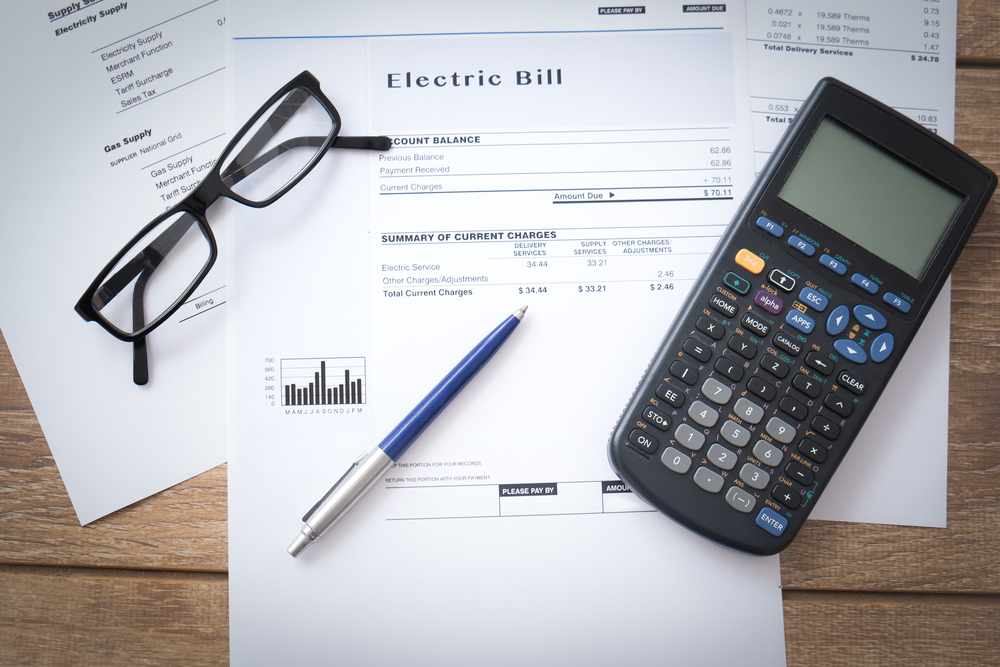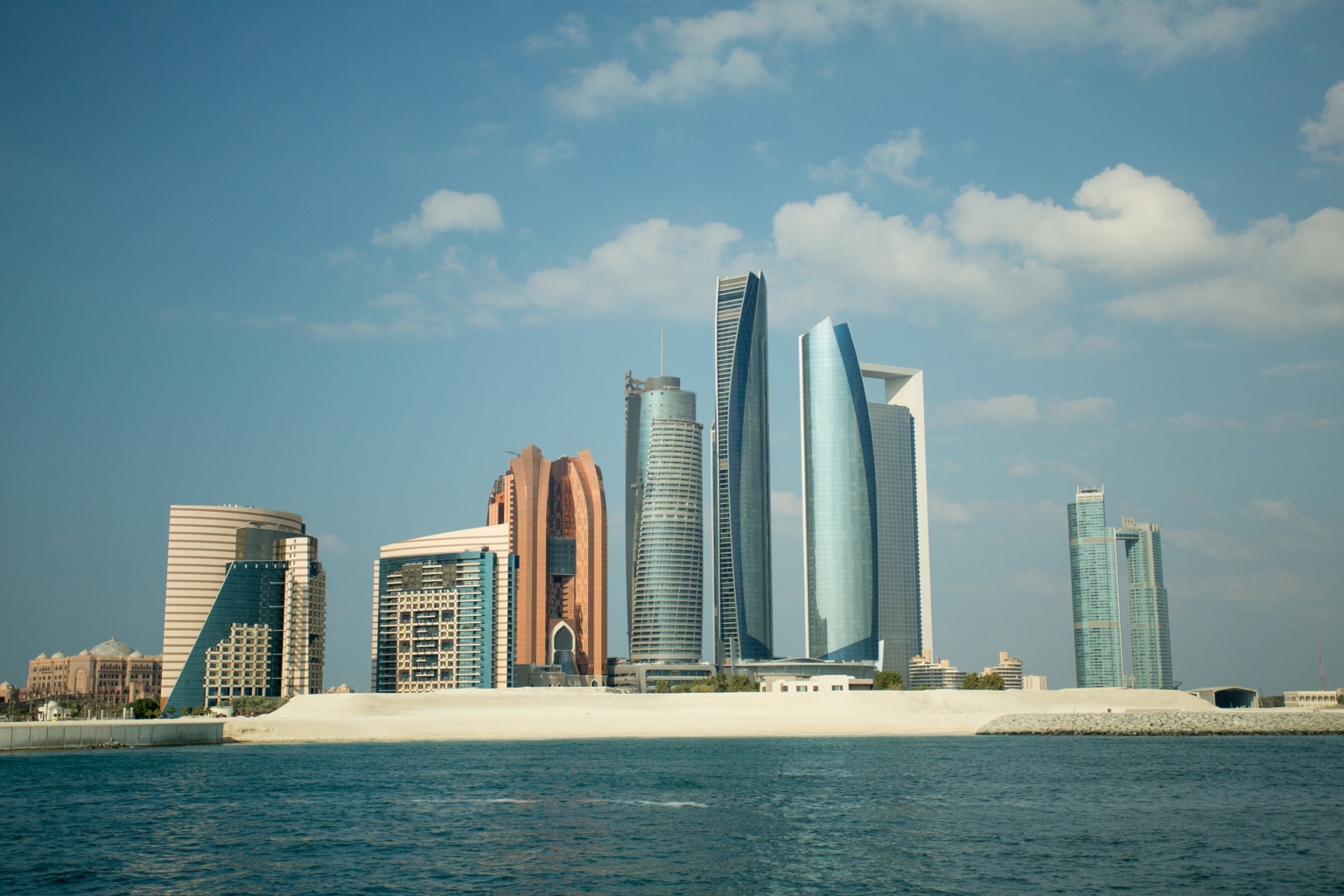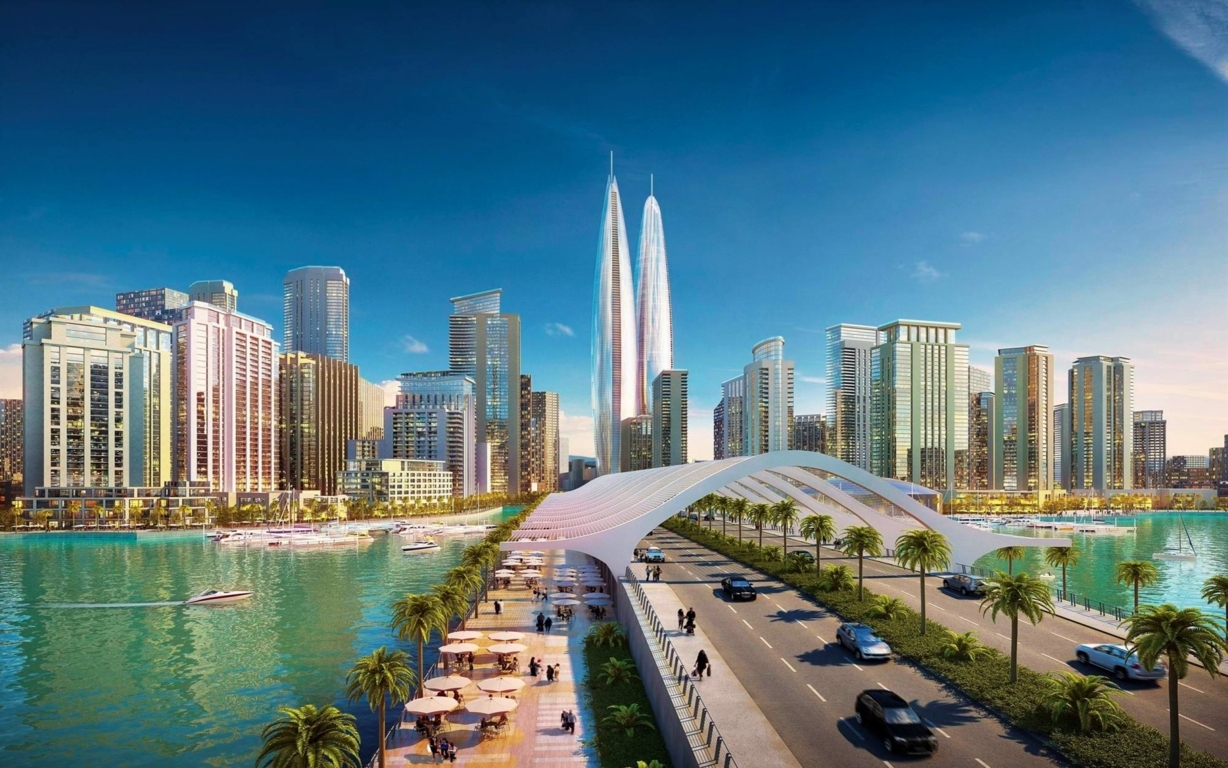Understanding the Power of Attorney in Dubai: Everything You Need to Know
A Power of Attorney in Dubai is a legally binding document that authorizes an individual (the agent) to act on behalf of another person (the principal) in various legal, financial, or business matters. This instrument is particularly significant in Dubai's dynamic environment, where individuals often engage in property transactions, business operations, and legal proceedings.
But when it comes to POA, there is always a common misconception that it is merely a formality. However, it carries substantial legal authority.
And that is why you must understand the nuances of the Power of Attorney, as both residents and expatriates, to make sure that your interests are adequately protected.
What is the Power of Attorney in Dubai?
In Dubai's legal framework, a Power of Attorney is a formal authorization allowing an agent to act on behalf of the principal in specified matters. This includes, but is not limited to, real estate transactions, signing contracts, and managing business affairs.
To create a valid POA, the principal must be at least 21 years old and of sound mind. A public notary must notarize the document, and if drafted in a language other than Arabic, it requires a certified Arabic translation.
Common types of Power of Attorney
General POA – Grants broad authority to the agent to manage almost all legal, financial, and administrative affairs on behalf of the principal
- Special POA – Limits the agent's authority to a specific task or transaction, such as selling a particular property or representing in court.
Limited POA – Authorizes the agent to act within a defined scope and time frame, often used for short-term assignments or single events.
Each serves different purposes and scopes of authority.
How Does a Power of Attorney Benefit Property Transactions in Dubai?
Representation in the Absence of the Property Owner
One of the primary advantages of a Power of Attorney for property transactions is its ability to legally empower a trusted individual, known as the attorney-in-fact, to act on behalf of the property owner.
This provision becomes indispensable in a market like Dubai, where a significant portion of real estate investors reside outside the UAE.
When owners are unable to attend in-person appointments or sign legal documents, a POA for expats in Dubai ensures that transactions proceed without interruption.
Minimizing Delays and Enhancing Transactional Efficiency
Real estate transactions in Dubai require coordination with multiple entities, making personal attendance challenging for international investors.
A notarized Power of Attorney enables property owners to authorize representatives to manage all related tasks, thereby streamlining the process, avoiding delays, and ensuring compliance with regulatory timelines.
According to Engel & Völkers, many international clients use a POA for Real Estate in Dubai as a strategic solution to reduce administrative hurdles and maintain transactional momentum, especially when they cannot be physically present.
Facilitating Legal Representation and Property Management
A Power of Attorney for business in Dubai extends beyond basic transactions, serving as a vital tool for delegating ongoing property management tasks to legal or real estate professionals.
It enables representatives to handle tenancy contracts, maintenance, license renewals, rent collection, and dispute resolution.
For off-plan buyers, it allows the attorney to liaise with developers, oversee construction, attend handovers, and process payments, ensuring seamless management. In essence, the POA functions as an
operational necessity, offering continuity and control for absentee or multi-property owners.
What Are the Different Types of Power of Attorney in Dubai?
In Dubai, understanding the various Types of Power of Attorney in the UAE is crucial for individuals and businesses to ensure that legal and financial matters are handled appropriately. Each type of POA serves distinct purposes and comes with specific legal implications. Below is a detailed comparison:
Type | Purpose | Key Usage | Legal Scope |
General POA | Broad authority | Managing real estate, finances, legal representation, etc. | Comprehensive; grants wide-ranging powers |
Special POA | Specific task-based | Property sales, court cases, corporate paperwork | Limited to clearly defined activities |
Limited POA | Time/event-based | Signing documents during absence, temporary authorizations | Restricted to a specific time or task |
When to Use Each Type of POA
Use a General POA when:
- You need someone to handle all aspects of your legal and financial affairs.
- You are relocating abroad or unavailable for an extended period.
- You trust the person fully and want them to act broadly on your behalf.
Use a Special POA when:
- You want to authorize someone for a single transaction, like selling property or attending a court hearing.
- You require precise control over what the agent is permitted to do.
- You are delegating authority for a specific legal, real estate, or commercial purpose.
Use a Limited POA when:
- You need someone to act on your behalf for a short-term event or situation.
- You will be temporarily unavailable but want to delegate a specific task (e.g., signing contracts).
- You want to limit the agent's powers both by scope and time.
What Are the Key Requirements for Creating a Power of Attorney in Dubai?
Establishing a legally valid Dubai Power of Attorney requires strict compliance with local legal protocols. The process requires clarity, precision, and adherence to regulatory procedures:
If issued abroad, the POA must undergo attestation from the UAE EmbaThe POA document must be drafted, detailing the full names and identification of both the principal and the appointed agent, along with the specific type of authority granted—whether general, special, or limited in scope.
Legal documentation for POA in Dubai must be written in Arabic; if originally prepared in another language, an official legal translation is mandatory to ensure acceptance by UAE authorities.
The POA must be signed before a recognized Notary Public in Dubai or processed via the Dubai Courts' electronic notary system, both of which validate the document's legal enforceability.
Supporting documentation, including valid passport copies, Emirates IDs, and proof of residence (if relevant), must accompany the submission.
Say in the issuing country and final legalization by the UAE Ministry of Foreign Affairs.
Appointing a trustworthy and competent agent is vital, particularly for matters involving property or financial authority.
Finally, legal counsel should review the document to ensure its language, scope, and structure align with UAE civil and commercial law, minimizing the risk of rejection or misuse
How Does the Power of Attorney Affect Business and Legal Matters in Dubai?
Facilitating Business Operations and Corporate Governance
A POA enables the principal to delegate authority for a wide range of functions—executing contracts, managing bank transactions, handling trade licenses, and liaising with government entities. This delegation is especially beneficial in scenarios requiring immediate decision-making or when the principal is traveling or residing outside the UAE.
By authorizing a reliable agent, businesses can avoid disruptions and maintain transactional momentum without compromising compliance or timing.
Legal Representation and Risk Mitigation
A POA also extends to legal affairs, allowing the appointed attorney to represent the principal in court proceedings, arbitration sessions, and formal legal disputes. This is crucial when the principal is unable to appear personally or wishes to appoint a professional with expertise in the relevant legal matter.
The POA ensures that procedural requirements are met, deadlines are honored, and legal obligations are fulfilled without delay.
Strategic Control through Defined Authority
The value of a POA depends largely on its precision. A well-drafted POA delineates the scope of authority—whether general or limited—thereby protecting the principal from potential misuse. It is advisable to restrict the agent’s powers to specific tasks, timelines, or transaction types, particularly in sensitive areas like financial management or litigation.
This strategic control ensures legal security while enabling operational flexibility.
Choosing the Right Agent and Ensuring Compliance
Appointing the right person is critical. The agent should be experienced, trustworthy, and well-versed in local laws and business practices. Furthermore, the POA must be notarized through the Dubai Notary Public or a licensed e-notary platform and, in certain cases, attested by the UAE Ministry of Foreign Affairs if issued abroad.
Only a legally compliant POA will be accepted by Dubai’s governmental bodies and judicial systems.
What Are the Risks Involved with Using a Power of Attorney in Dubai?
Risk of Misuse or Abuse of Authority
One of the most significant risks is the possibility that the agent may act beyond their intended scope or misuse the authority granted to them. If a General POA is too broad or lacks specific limitations, it can empower the agent to make decisions that are financially or legally detrimental to the principal. This is especially concerning in high-value transactions such as property sales or corporate agreements.
Mitigation Tip: Always define the scope of authority clearly within the POA document. Use a Special or Limited POA for task-specific delegations and avoid granting unrestricted access unless necessary.
Lack of Oversight and Accountability
Once a POA is in effect, the agent can act independently, which means the principal may not always be informed about the decisions being made on their behalf. Without oversight mechanisms, there is little control over how and when the powers are used.
Mitigation Tip: Include reporting obligations in the POA and appoint someone you trust implicitly. Furthermore, regularly check in with the agent and request documentation of major actions taken.
Difficulty in Revocation if Misused
Although Dubai law provides a formal Revoke Power of Attorney process, it can be procedurally time-consuming, especially if the POA has already been used to commit a questionable act. If not revoked properly, the agent may continue to act under the assumption that the POA is still valid.
Mitigation Tip: Draft a revocation clause in the POA document and keep a notarized revocation template ready if needed. Always notify both the agent and relevant government departments when revoking a POA.
Legal and Financial Liability
Actions taken by the agent under a valid POA are legally binding on the principal. This means the principal could be held financially or legally responsible for the agent’s decisions, even if those actions were unwise or negligent.
Mitigation Tip: Avoid granting full financial or litigation authority unless necessary. Engage a legal advisor to review the POA and flag any clauses that could impose excessive liability.
Outdated or Improperly Drafted POAs
POAs that are not updated to reflect changes in circumstances, business interests, or legal status can become a liability. Likewise, poorly worded documents or those lacking notarization may not be accepted by courts or government bodies in Dubai.
Mitigation Tip: Ensure the POA is reviewed by a qualified lawyer, properly notarized, and renewed or amended as your needs evolve. Clearly define expiration dates if appropriate.
How Can You Revoke or Modify a Power of Attorney in Dubai?
Here is to revoke the Power of Attorney Dubai process for easy and smooth modification.
Draft a Revocation or Modification Document
Prepare a written declaration clearly stating your intention to revoke or amend the existing POA. If modifying, specify which powers are being altered or restricted. The new document must include:
Names of the principal and agent
Date of the original POA
Reason for revocation or modification
Notarize the Document with the Dubai Notary Public
Visit a Dubai Notary Public or use the Dubai Courts e-notary service to officially notarize the revocation or modification. This step is legally mandatory to validate the change.
Notify the Agent in Writing
Serve a formal written notice to the agent (attorney-in-fact), along with a copy of the notarized revocation or amendment. This informs them that they are no longer authorized to act on your behalf, or that their authority is now limited.
Inform All Relevant Authorities and Institutions
To ensure the revocation is effective:
- Notify the Dubai Land Department, banks, government departments, or any other entity where the POA might have been used.
- Submit copies of the notarized revocation to prevent the agent from acting on outdated authority.
Issue a Replacement POA if Needed
If you still require representation for certain tasks, consider drafting and notarizing a Power of Attorney in Dubai with the updated scope of authority. This ensures continuity without confusion.
Keep Official Records
Maintain copies of the revocation or modified POA and all correspondence confirming that the agent and third parties have acknowledged the change. These documents can be critical if disputes arise later.
Wrapping Up: Why Understanding the Power of Attorney in Dubai Is Essential for Expats and Locals
Understanding the legal implications of Power of Attorney in Dubai is vital for both expats and locals managing property, business, or legal matters. A well-drafted POA streamlines the process, saves time and costs, and protects against legal risks.
It’s especially useful for expatriates handling affairs from abroad. To ensure validity and avoid complications, individuals should consult experienced legal professionals or certified notaries.
Taking expert guidance helps create a secure, compliant POA tailored to your needs, offering confidence and continuity in every authorized transaction.
Feature Properties
You Might Also Like
Stay in the loop Through our newsletter
Get to know about the latest real estate insights.
Popular Searches
Off Plan Projects
Popular Areas
About Us
Popular Searches
Off Plan Projects
Popular Areas
Next Level © 2026 All Right Reserved









